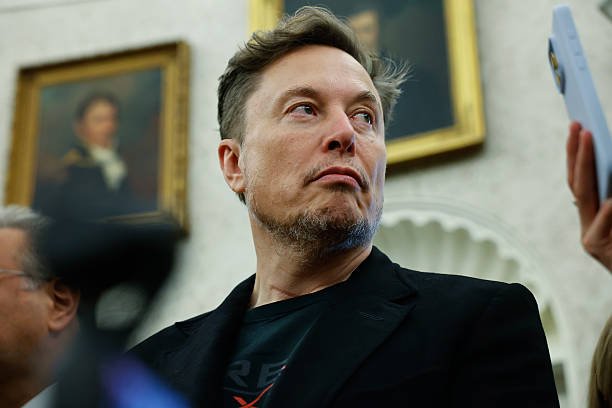Elon Musk has officially concluded his temporary role in the Trump administration, marking the end of his controversial tenure leading the Department of Government Efficiency (Doge). The billionaire announced his departure on X, thanking President Trump for the opportunity while insisting the cost-cutting mission he spearheaded would “strengthen over time”.
Musk’s exit comes at a pivotal moment, just one day after the publicity criticized Trump’s budget bill for potentially increasing the federal deficit. “I think a bill can be big or it could be beautiful”, Musk told CBS News, “but I don’t know if it could be both”. His comments highlighted growing tensions between his austerity-focused Doge initiative and the administration’s spending priorities.
During his 130-day stint as a special government employee, Musk oversaw massive workforce reductions, with approximately 260,000 federal jobs eliminated through cuts or buyouts. The aggressive downsizing faced legal challenges, including reinstatements ordered by federal judges after erroneous terminations – even affecting nuclear program staff. Musk later admitted the initiative became a “whipping boy” for broader criticisms of Trump’s governance reforms.
The tech mogul’s political involvement coincided with significant turbulence for Tesla, which saw record delivery declines and stock volatility. Musk acknowledged the strain, telling investors he would refocus on Tesla while reducing political donations after spending nearly $300 million supporting Trump’s 2024 campaign.
Despite the exit, Musk insists Doge’s legacy will endure as a model for bureaucratic efficiency. Yet with Tesla activists vandalizing dealerships and the Attorney General warning of domestic terrorism charges, the entrepreneur now faces the challenge of stabilizing his business empire while navigating the fallout from his Washington experiment.


















